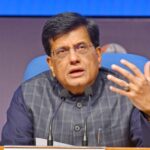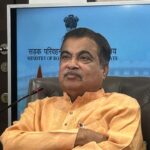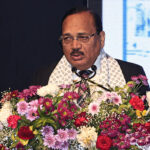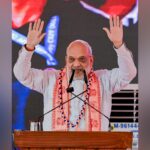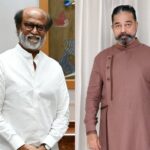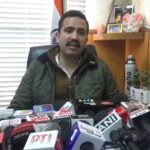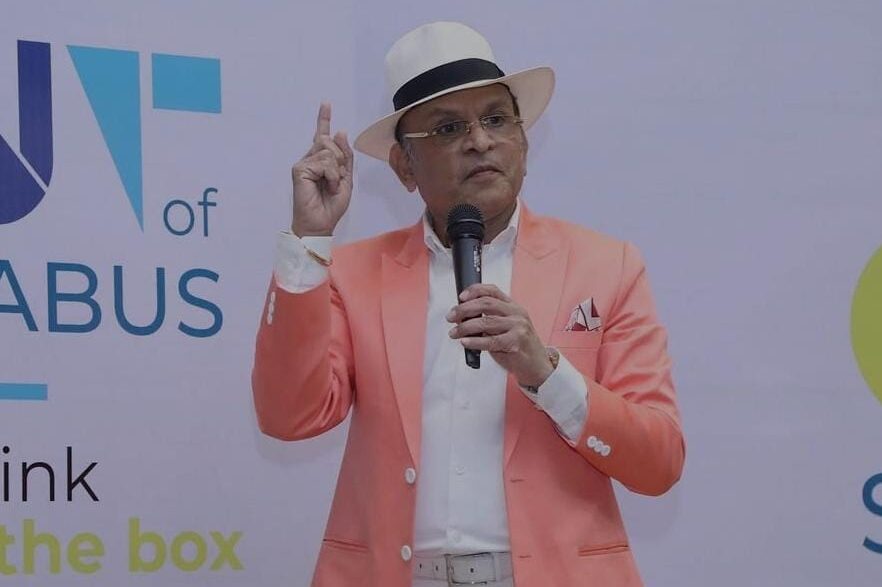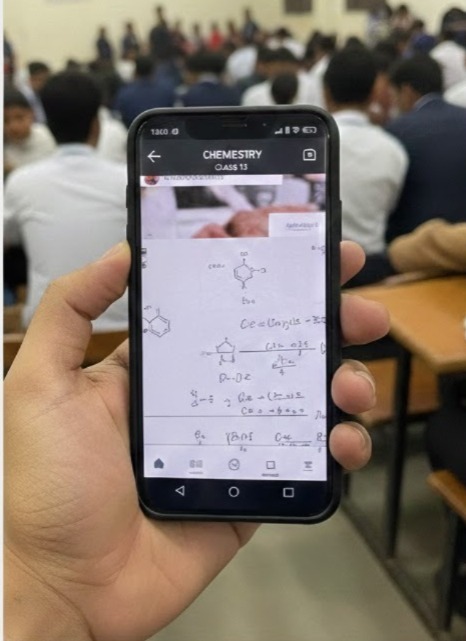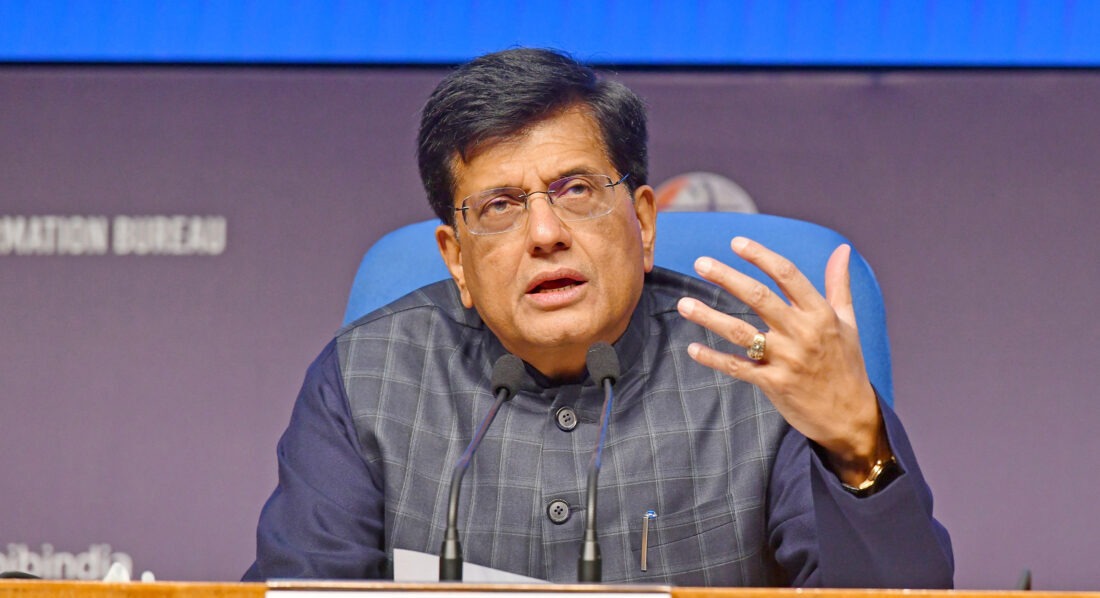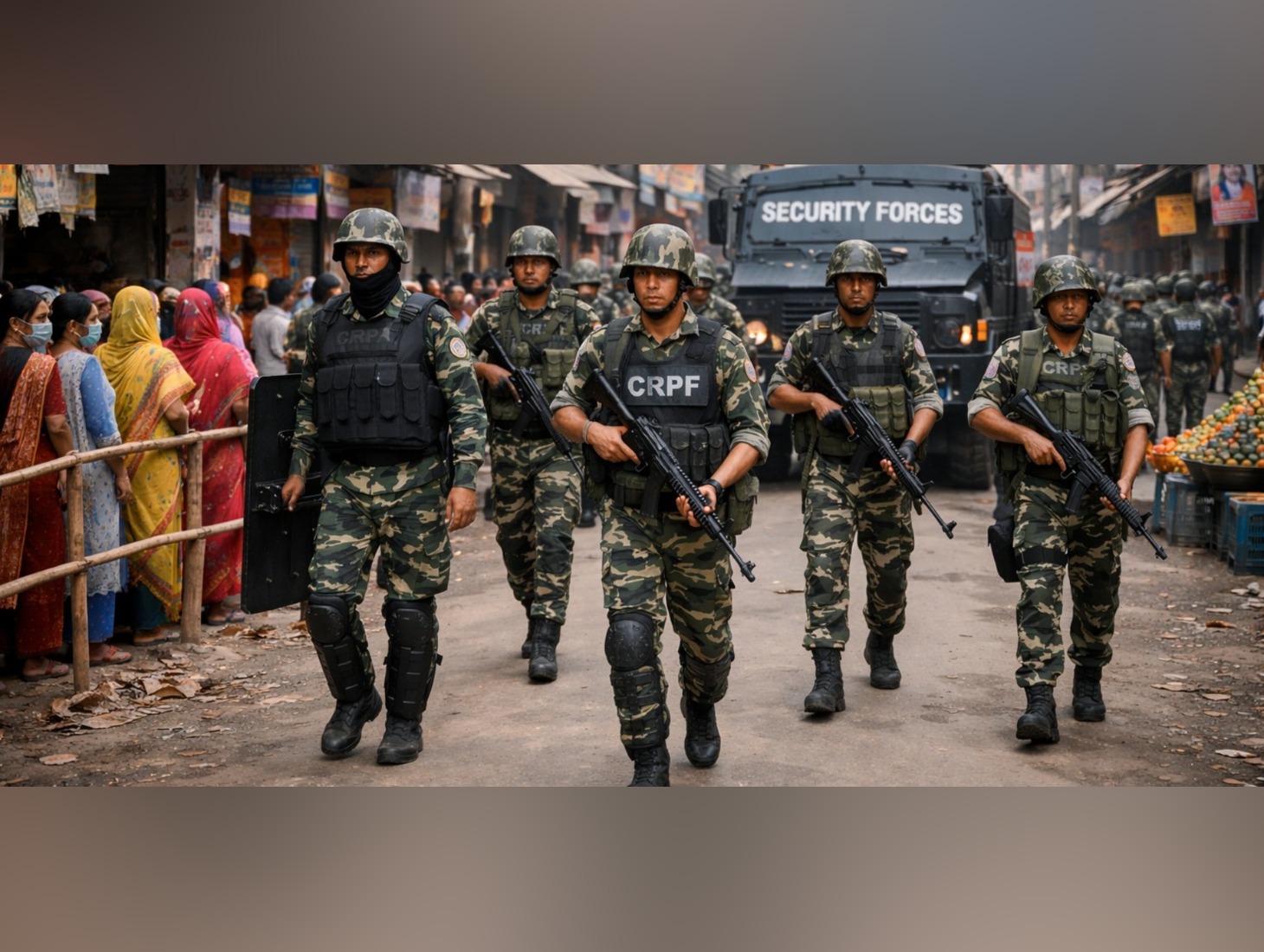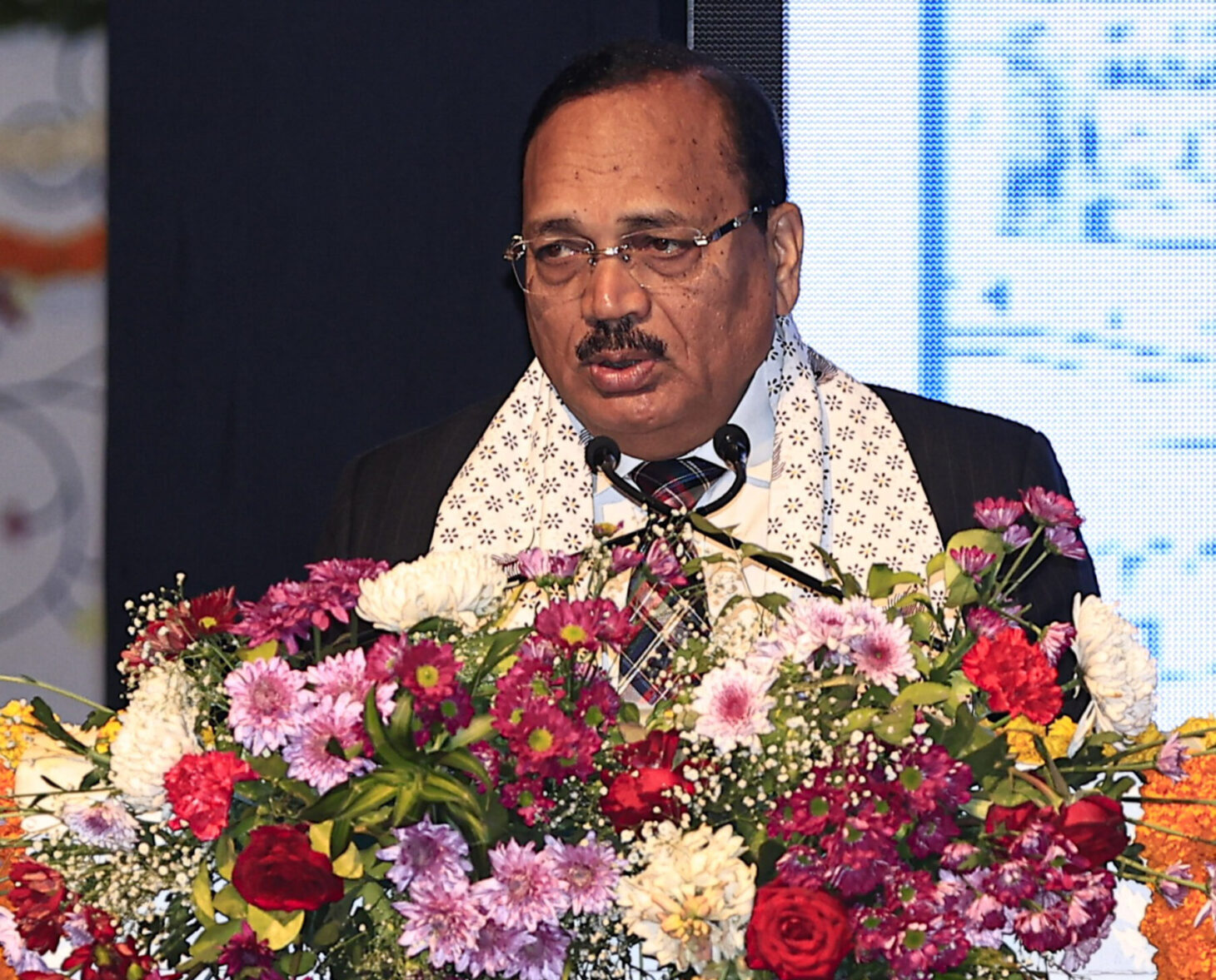Annu Kapoor: ‘In my next life, I want beauty, not talent’
The North News
Chandigarh, July 10
Annu Kapoor doesn’t have the classic Bollywood hero’s looks — and he knows it. He also doesn’t have any illusions about the industry’s obsession with glamour. “I am not good-looking, so how can I be a hero?” he quipped at a press conference held in Chandigarh on Thursday. “In my next life, I don’t want to be talented. I just want to be beautiful — even if I have no talent at all.”
A veteran of Indian stage, cinema, and television, Kapoor has played everything from a quirky sperm clinic doctor in Vicky Donor, to a loyal servant in Mr. India, to a gangster in Tezaab. But through it all, he’s remained what Bollywood often neglects — a character actor with character.
Speaking to journalists, Kapoor moved effortlessly from deeply personal revelations to political critique. Recalling the early days of his romantic life, he said, “I met my wife on March 31, 1992, at 5:00 PM. And by 5:35, I had proposed. We married within 17 days.” A story as abrupt and decisive as his career choices.
Born Anil Kapoor, he changed his name to Annu after realising he would be sharing space with the already-famous star of Ram Lakhan and Mr. India. “There was no choice,” he said. “Two Anil Kapoors in Bollywood wasn’t going to work.”
But despite changing his name, he didn’t change who he was. Kapoor said he never idolised stars — not from Bollywood, not from Hollywood. “My inspiration isn’t actors,” he said. “It’s the people I see every day — the rickshaw puller, the street vendor, the government clerk. They play roles more complex than anything on screen.”
Kapoor’s comments turned sharply political when he addressed the recent attacks in Maharashtra on Hindi-speaking migrants accused of disrespecting the Marathi language. He took direct aim at what he termed “linguistic vigilantism” — a tool, he said, used by political outfits to divide, not unite.
“This is not pride,” Kapoor said firmly. “This is political desperation. Anyone who hits someone for not speaking Marathi isn’t a patriot. They’re breaking the Constitution.”
Kapoor’s target Raj Thackeray’s Maharashtra Navnirman Sena (MNS), known for its strident stance on Marathi identity. He didn’t spare even the late Bal Thackeray, founder of Shiv Sena, arguing that historical symbolism should never justify violence.
“Language is a means to connect, not to isolate,” he said. “When you live in a state, you learn the language out of love and necessity. But if you’re slapped for not knowing it — that’s a crime.”
Kapoor also weighed in on a recent controversy involving singer-actor Diljit Dosanjh, whose film was reportedly banned in India due to the casting of a Pakistani actress. A longtime critic of cross-border artistic collaborations, Kapoor stood by his old position.
“I’ve been saying this since 2012 — we don’t need actors from Pakistan. We have enough talent in India,” he said. “Even though Diljit is a brilliant artist, such collaborations send the wrong message when our soldiers are being martyred.”
Kapoor’s remarks, while polarising, reflect a deep nationalism rooted in his experiences of living and working across India’s linguistic and cultural divides. For Kapoor, the cinema is not just a mirror to society but also a moral responsibility.



